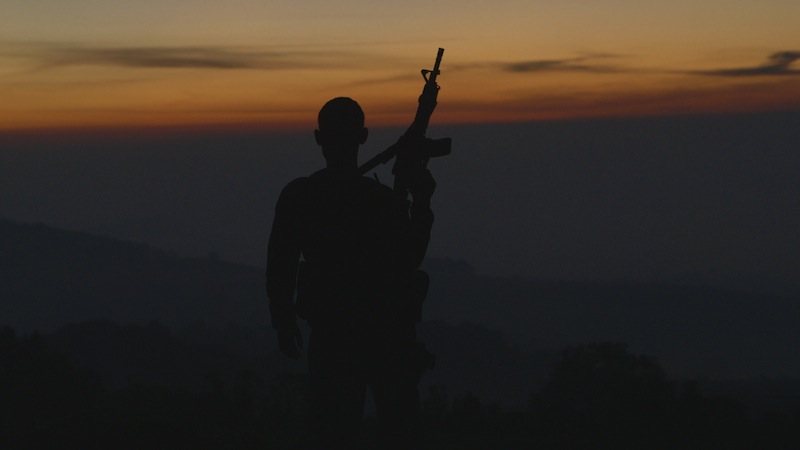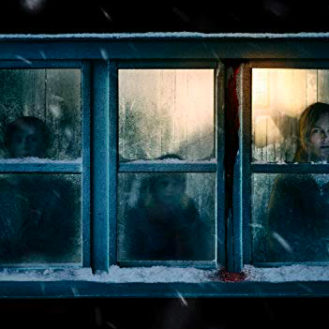By: Shannon Page
There is a saying that maintains that there are two sides to every story. At its most basic, surface level, Cartel Land is an examination of the homegrown militia movements that have sprung up on both sides of the U.S.A./Mexico border in response to the presence of organized crime and drug cartel-related violence. In Arizona, an American veteran leads a paramilitary group called Arizona Border Recon that aims to stop the violence and cartel activity in Mexico from entering the United States. Meanwhile, in the region of Michoacán, Mexico, a medical doctor leads a citizen uprising against the cartel that has been controlling their towns. What results is an eye-opening look into two different, yet surprisingly similar, movements.
The most astonishing thing about this documentary is the amount of access that the filmmakers were able to get into the day-to-day operations of both groups. What results is more action and varied footage than audiences are used to getting from a film that focuses on this kind of violent subject matter. It certainly helps that there are also some beautiful and visually interesting bits of camera work to accompany the action. Even the shots that were done at night or with limited lighting are wonderfully clear and aesthetically pleasing. The on-the-ground approach is compelling and Cartel Land seems to recognize the strength of these moments – molding them into a more complex comment on leadership, power, and the divide between good and evil.
This is perhaps one of the most tightly focused documentaries that audiences may have encountered in a long time. The footage and interviews rarely, if ever, deviate from the two militia leaders and their movements. Of course, there are benefits, as well as drawbacks, to the filmmaker’s decision to approach the film this way. Such a focused approach allows for a film that feels deeply personal in its exploration of the leaders involved. There are some very emotional and moving moments that are a direct result of a movement away from the general or political and toward the ways that individuals and families have been personally impacted by cartel violence. This is a film that makes you care, and that shouldn’t be underestimated.
Still, I wonder if a bit more context would have been beneficial. Particularly, when it comes to understanding complicated and politically charged issues such as human trafficking on the part of the cartels. Furthermore, the relationship between the cartels and the Mexican government could have been explored in more detail. These are all minor concerns, but they are worth considering since this is a film that on the surface appears to be tackling big-picture ideas such as the break-down of social order and justice. In reality, Cartel Land would have to be a much longer picture that went into far more detail in regard to the political and social context of both nations to truly explore how the actions of these leaders became necessary on a community level.
Still, the access granted to the makers of this documentary and their focused examination of two very different but similarly motivated movements makes for a compelling and emotional moviegoing experience.
Do You Tweet? Follow:
Shannon Page: @ShannonEvePage





Be the first to comment